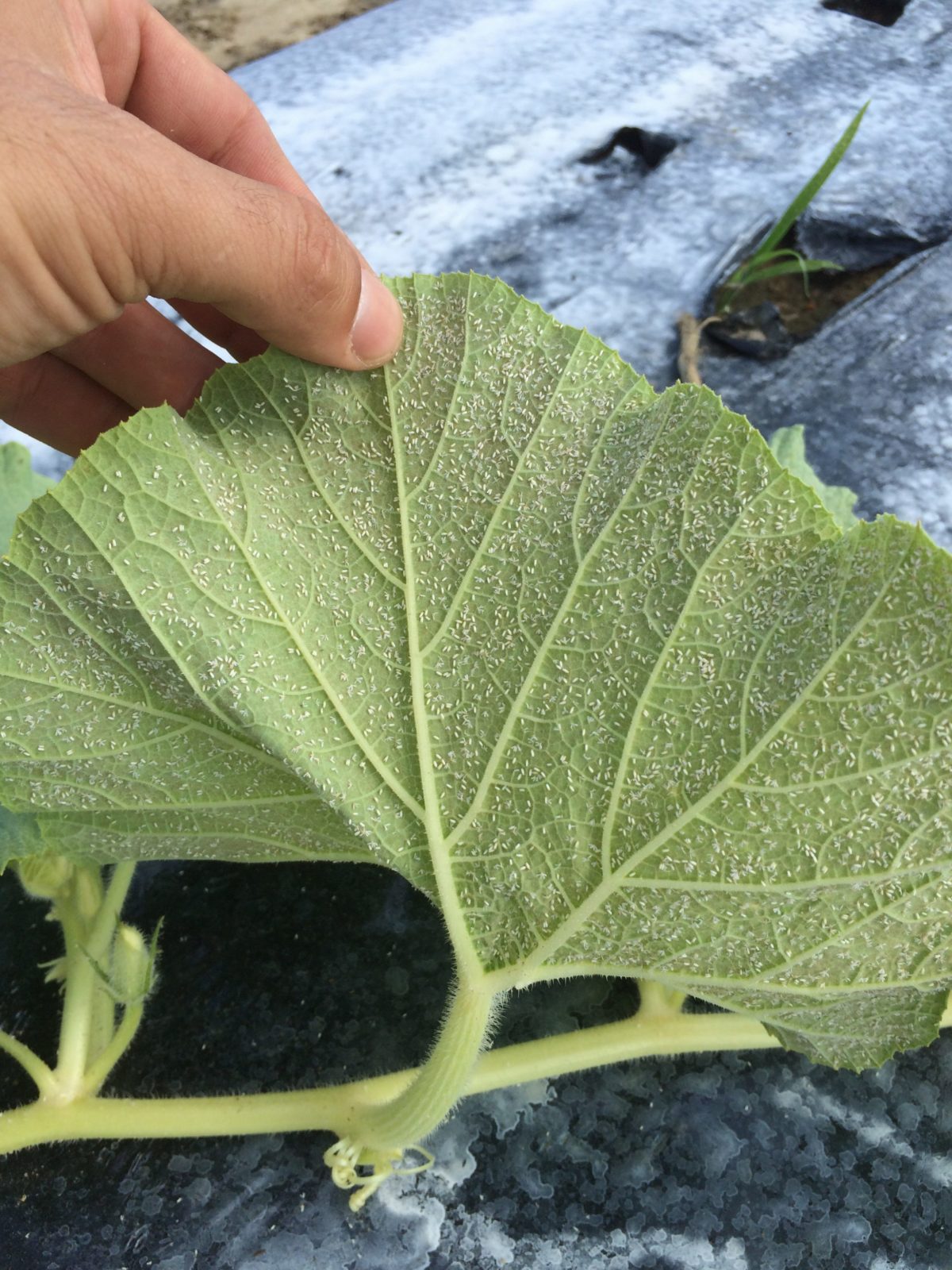Over the past several years, the U.S. agriculture industry has never faced such unprecedented realities of supply uncertainty and sourcing challenges to meet consumer demand, and ultimately deliver an abundant food supply. Shipping challenges worldwide have made getting imports for specialty crop production incredibly difficult, costly and time-consuming. As significant chemical shortages and delays in receiving products persist, growers and retailers look to confide in a reliable partner. To help understand how we got here, it’s …
UF/IFAS to Host Produce Safety Alliance Grower Training
The University of Florida Institute of Food and Agricultural Sciences (UF/IFAS) Extension Food Safety Team will host a Produce Safety Alliance Grower Training on Wednesday, Jan. 19 at the Jefferson County Extension office in Monticello, Florida. The registration deadline is Wednesday, Jan. 12. Fruit and vegetable producers interested in learning about produce safety or who need to satisfy the Food …
Insecticide Rotation Key in Long-Term Management of Whiteflies
By Clint Thompson Insecticide rotation when managing whiteflies remains key to long-term success in the Southeast. It has to be if growers want to avoid insecticide resistance developing. Stormy Sparks, University of Georgia (UGA) Cooperative Extension vegetable entomologist, believes farmers have improved in recent years in protecting their insecticides for the future. “The same chemistries that we rely on, primarily …
EU Ban of Pesticides Could Impact U.S. Growers
By Frank Giles Mike Aerts, Florida Fruit & Vegetable Association’s vice president of science and regulatory affairs, recently shared an update from the European Union (EU) that could impact maximum residue limits (MRLs) allowed in the 27-member-country body. MRLs govern the amount of allowable pesticide residue on a food product in order to enter a country. Because the EU has …
Mite-y Big Problem in South Florida
According to the South Florida Pest and Disease Hotline, few spider mite hotspots remain around Homestead, Florida. Broad mites continue to stay active in the area as well. A similar scenario is being reported in the southwest part of the state, too. Spider mites are showing up in various locations on cucurbits, tomatoes and eggplants. Broad mites have flared up …
Avoid Fungicide Resistance Development in Peaches
By Clint Thompson Avoiding fungicide resistance in peach production is front and center of Phil Brannen’s presentation this week at the Southeast Regional Fruit and Vegetable Conference in Savannah, Georgia. The University of Georgia Cooperative Extension Fruit Disease Specialist cautions producers about overusing products like Miravis to protect against peach scab disease. “The thing about Miravis that’s tempting is it’s …
Small-Scale Production Practices
By Ida Vandamme Organic products have become mainstream as more people want to be aware of production practices, ingredients and inputs into their food and household items. Given the current supply-chain issues and labor shortages, many people also are turning to local businesses and even starting businesses of their own. Here are some important considerations when thinking about starting and/or …
Blooming Problem: Warmer Temps Leading to Early Blueberry Blooms
By Clint Thompson Warmer temperatures in previous months led to earlier blooms for blueberry plants in the Southeast. That’s not good news for farmers, says Georgia producer Russ Goodman, co-owner of Cogdell Berry Farm in Clinch and Lanier counties. “We’ve got a lot more bloom right now than we would want I can tell you that. It’s not a good …
Diminished Pecan Crop in Southeast Alabama
By Clint Thompson Southeast Alabama may be a small sample size of pecan production in the state, but its lower-than-normal crop epitomizes what growers are feeling statewide – the crop was diminished substantially this season. “It was a tough year,” said Neil Kelly, Alabama Regional Extension agent in Southeast Alabama. “Overall production is going to be real light. It’s also …
Georgia Pecan Estimate: Diminished Crop Compared to 2020
By Clint Thompson Georgia’s final pecan total this season is estimated to be less than half of its total in 2020. While that’s not a surprise to growers and industry leaders, it’s still a tough pill to swallow following last year’s 142 million pounds of production. “I don’t think it’s going to be much over 50 million pounds, if that,” …










